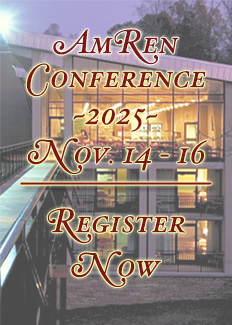Fix Immigration. It’s What Voters Want.
Tom Cotton, New York Times, December 28, 2016
Donald J. Trump smashed many orthodoxies on his way to victory, but immigration was the defining issue separating him from his primary opponents and Hillary Clinton. President-elect Trump now has a clear mandate not only to stop illegal immigration, but also to finally cut the generation-long influx of low-skilled immigrants that undermines American workers.
Yet many powerful industries benefit from such immigration. They’re arguing that immigration controls are creating a low-skilled labor shortage.
“We’re pretty much begging for workers,” Tom Nassif, the chief executive of Western Growers, a trade organization that represents farmers, said on CNN. A fast-food chain founder warned, “Our industry can’t survive without Mexican workers.”
These same industries contend that stricter immigration enforcement will further shrink the pool of workers and raise their wages. They argue that closing our borders to inexpensive foreign labor will force employers to add benefits and improve workplace conditions to attract and keep workers already here.
I have an answer to these charges: Exactly.
Higher wages, better benefits and more security for American workers are features, not bugs, of sound immigration reform. For too long, our immigration policy has skewed toward the interests of the wealthy and powerful: Employers get cheaper labor, and professionals get cheaper personal services like housekeeping. We now need an immigration policy that focuses less on the most powerful and more on everyone else.
{snip}
No doubt automation and globalization have also affected wages, but mass immigration accelerates these trends with surplus labor, which of course decreases wages. Little wonder, then, that these Americans voted for the candidate who promised higher wages and less immigration instead of all the candidates — Republicans and Democrats alike — who promised essentially more of the same on immigration.
{snip}
Our country, like any country, needs borders and must decide who and how many can cross those borders. We must make this decision with the well-being of all our citizens in mind. Today, that means a large reduction in legal immigration and a reorientation toward ultra-high-skill immigrants.
This policy would resemble the immigration systems of Canada and Australia, countries with similar advanced economies. While our system gives priority to reuniting extended families and low-skilled labor, their systems prize nuclear-family reunification and attributes like language skills, education and work experience. A similar system here would allow in immigrants like doctors to work in rural areas while not pushing down working-class wages.
{snip}
















